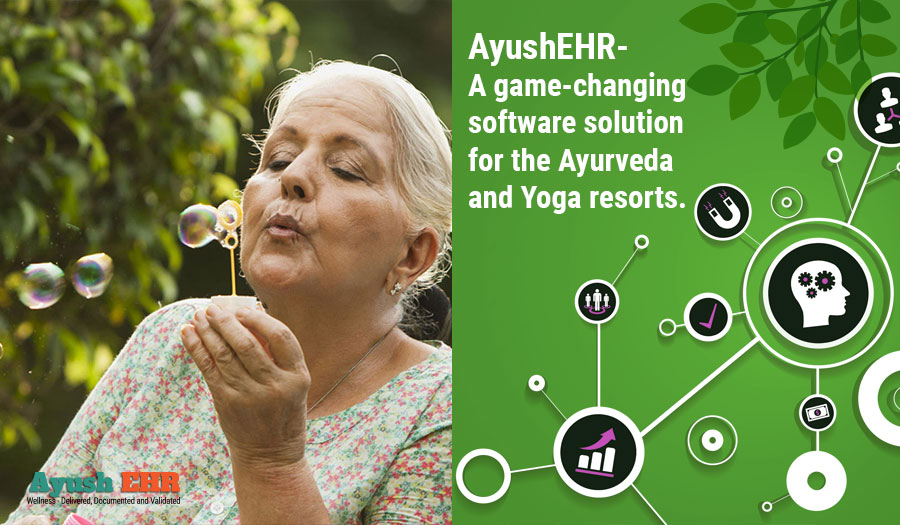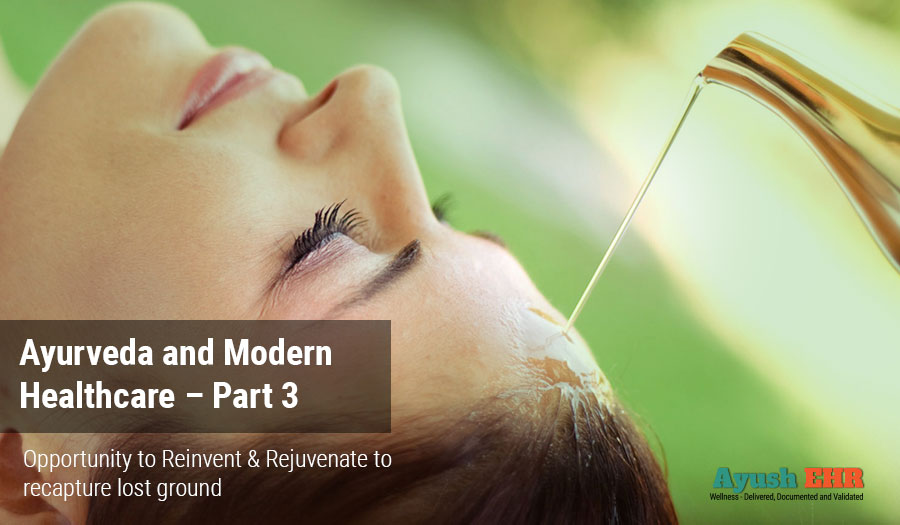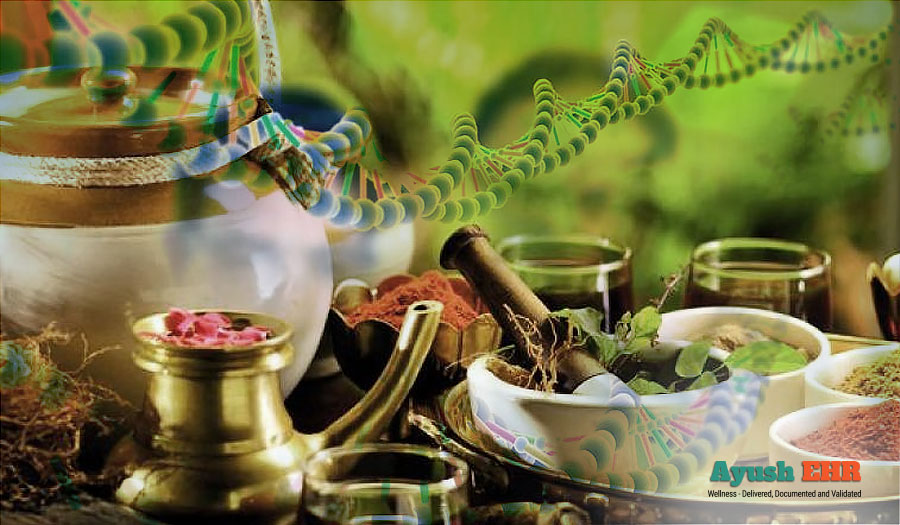With the changing times and the heaps of work that needed for inter-departmental coordination, managing any industry is getting difficult. The need to collect, manage and interpret data from various business activities could only be done using pen and paper or through spreadsheet shared through google drive. But such methods have serious limitations that reduces efficiency and transparency of information.
What is ERP?
ERP or Enterprise Resource Planning is a business management software that organises, assembles and operates data from various business platforms and prevents unnecessary delays in processing information and mistakes. What started off as a tool for organising and scheduling of materials by the manufacturers initially didn’t cover all the aspects of the requirement in a company or firm. With the development and evolution of technology, ERPs have evolved into a unified and integrated approach for automating core business processes using a common database management system.
ERP provides many benefits to companies’ such as keeping track of the manufacturing, purchasing, sales and accounting and is a boon to the company management and senior stakeholders. But conventional ERPs, designed around manufacturing and services businesses, couldn’t cater much to the needs of the Healthcare Industry. Healthcare business has many special requirements such as maintaining updated patient information their medical history, medicine prescriptions etc. and so conventional ERPs fail to work properly. However Electronic Health Records(EHR) systems have been designed to address the specific needs of Healthcare industry.
EHR and its increasing use in the Healthcare Industry
EHR or Electronic Health Record is a digital platform used by the Medical Industry to manage medical and treatment history of the patients’ digitally and eliminate the use of pen and paper. What makes EHR different from ERP is its focus on the management of health information of individual patients by authorised healthcare providers. It may be shared with other providers across one or more medical institutions for the convenience of the patient and the medical practitioners and with laboratories, pharmacies, specialists or school and workplace clinics. Since the clinical record has been mandated as an belonging to the individual and his legal right, by the Indian EHR standards, EHR becomes an essential tool that supports the Healthcare industry to maintain compliance.
Philosophy of AyushEHR
With the increasing adoption of the philosophy of preventive healthcare using holistic wellness practices such as Ayurveda & Yoga, people all around the world are choosing to rely on the 5000-year-old natural healing process than popping pills to combat sickness and illness. Since the holistic approach of Ayurveda, Yoga and Naturopathy is quite different from the conventional field of medicine and treatment, such practitioners need to know the lifelong information about their patient’s medical background before initiating any treatment. They need to make tailored treatment for each of their patrons depending on their personal health history. AyushEHR has been designed with this in mind and is a software that allows complete accuracy and transparency in managing such personal health information. With the Resorts taking a lead in adopting technology for this traditional healthcare sector, many Ayurveda & Yoga Resorts already rely heavily on such EHR solutions to provide a personalized care for their guests.
Philosophy behind the creation of AyushEHR is to encourage healthy living. The cloud-based software is ready to use in personalized care management and is designed to improve the efficiency and effectiveness of business. It is a software package that enables healthy living, lifestyle and care. AyushEHR is the solution that makes loose ends meet, both from the doctor’s and the patient’s side.




